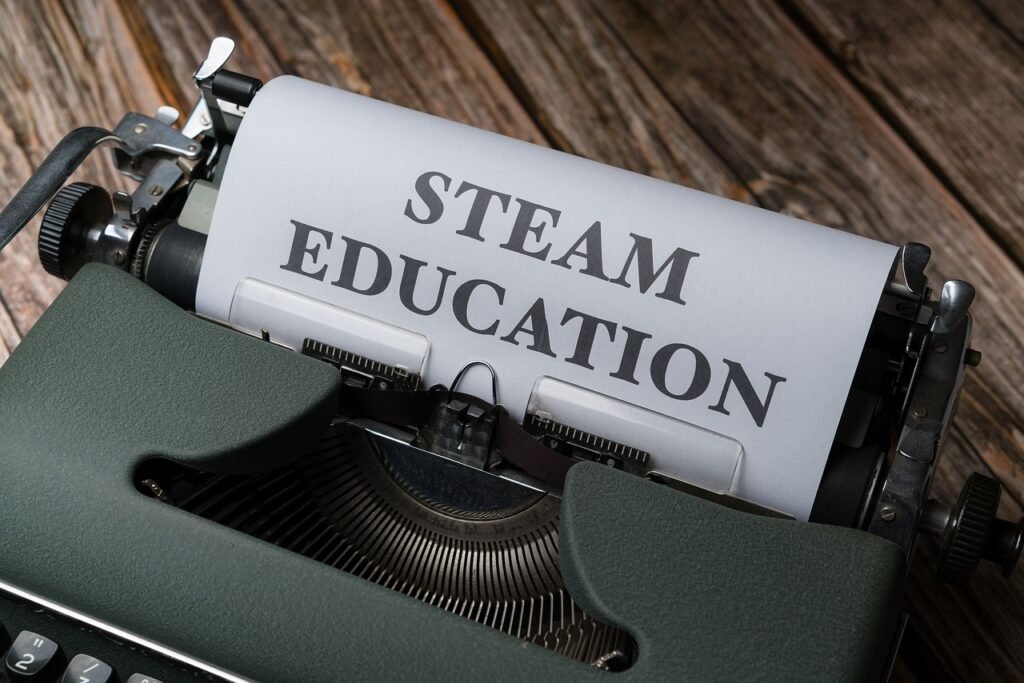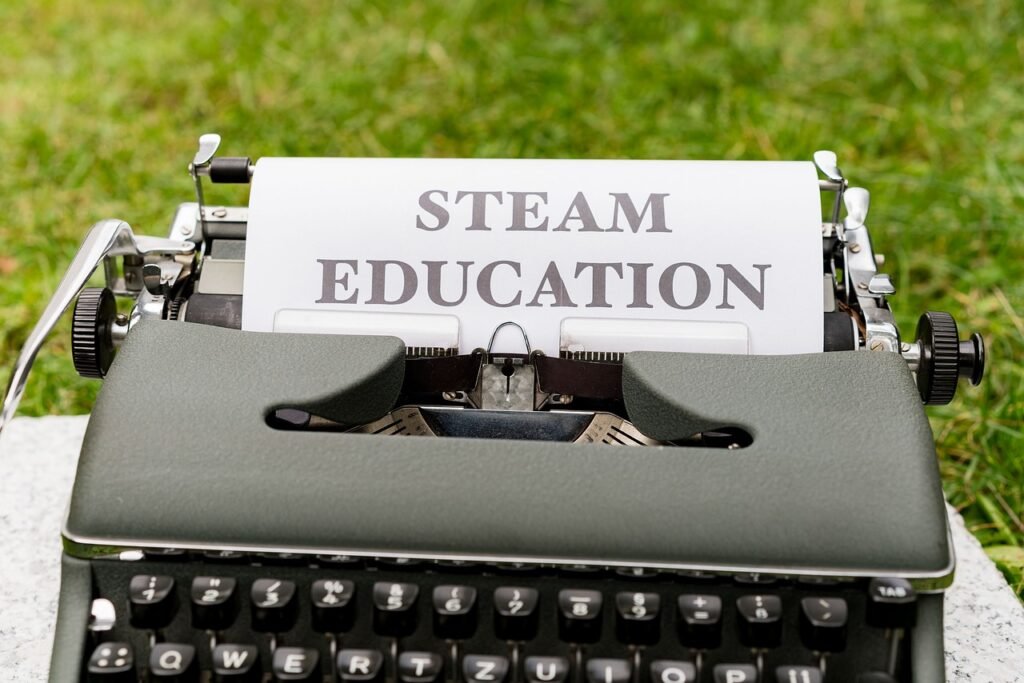Are you a parent or guardian interested in nurturing your child’s problem-solving abilities? Look no further! In this article, we will explore the top ten materials that can effectively aid in developing children’s problem-solving skills. From building blocks to puzzles and beyond, we have compiled a comprehensive list that will engage your child’s mind, fostering their critical thinking and creativity. Whether you are looking for interactive toys or educational games, these materials will undoubtedly ignite their problem-solving prowess. So, let’s dive into this exciting journey of exploration and watch as your child’s problem-solving skills flourish!
Puzzles
Puzzles are an excellent way to engage children’s problem-solving skills while providing them with a fun and interactive experience. Jigsaw puzzles, with their various shapes and pieces that need to be fitted together, help children develop spatial awareness and logical thinking. Sudoku puzzles, on the other hand, are a great way to improve critical thinking and analytical skills as children learn to solve number-based puzzles with specific rules and constraints. Lastly, the Rubik’s Cube challenges children to think strategically and plan their moves to solve the puzzle and align the colors on each face. These puzzles encourage perseverance, patience, and the ability to think outside the box.
Blocks
Building blocks are classic toys that promote problem-solving skills through open-ended play. Children can experiment with different structures, sizes, and shapes, allowing them to develop spatial reasoning and creativity. Lego, with its interlocking pieces, enhances problem-solving abilities as children construct more complex designs and engineering marvels. Wooden blocks, with their simplicity and versatility, encourage problem-solving skills as children build towers, bridges, and other structures while testing their stability and balance.

Board Games
Board games offer a wide range of opportunities for children to hone their problem-solving skills while having a blast with friends and family. Chess, a game of strategy and foresight, enables children to enhance their critical thinking, planning, and decision-making abilities. With its word-building challenges and limited letter resources, Scrabble helps children improve their vocabulary, spelling, and problem-solving skills. Lastly, Monopoly teaches financial literacy and decision-making as children strategize to buy, sell, and develop properties, making for a perfect blend of problem-solving and fun.
Art Supplies
Art supplies provide children with a creative outlet while also sharpening their problem-solving skills. Drawing materials such as pencils, markers, and crayons allow children to express themselves visually, while also refining their fine motor skills. Paints and brushes further enhance their creativity as they learn to mix colors, experiment with different techniques, and overcome artistic challenges. Additionally, using clay or playdough not only stimulates imagination but also requires problem-solving skills as children mold and shape the material into their desired forms, testing its limits and exploring possibilities.

Science Kits
Science kits are an amazing way to foster curiosity and problem-solving skills in children. Chemistry sets introduce children to the world of scientific experimentation, where they can mix substances, observe reactions, and solve problems to achieve desired results. Electronics kits, with their circuits and components, provide hands-on experience in building and troubleshooting as children learn to create functional devices. Nature exploration kits encourage children to investigate and solve mysteries in the natural world, fostering problem-solving skills through observation, analysis, and deduction.
Role-Playing Toys
Role-playing toys not only ignite children’s imagination but also develop their problem-solving abilities by immersing them in different scenarios. Doctor sets allow children to step into the shoes of a medical professional, solving medical puzzles and diagnosing imaginary ailments. Kitchen playsets provide opportunities for children to solve problems associated with cooking and food preparation, fostering creativity and critical thinking. Puppet theaters promote problem-solving skills as children use storytelling, characterization, and improvisation to resolve conflicts and create imaginative narratives.
Musical Instruments
Playing musical instruments is not only a joyful form of expression but also a means to develop problem-solving skills. Learning to play the keyboard or piano involves deciphering sheet music, coordinating hand movements, and problem-solving when facing technical challenges. Mini guitars introduce children to the basics of string instruments, requiring problem-solving skills as they learn to tune the instrument and fret different notes. Drums, with their rhythmic complexity, encourage children to solve timing and coordination challenges, improving their multitasking and problem-solving abilities.
Problem-Solving Books
Reading problem-solving books provides children with engaging stories while stimulating their critical thinking and analytical skills. Mystery or detective books involve children in solving puzzles, analyzing evidence, and deducing the culprit, enhancing their problem-solving and logical reasoning abilities. Puzzle books, filled with brainteasers and mind challenges, keep children engaged as they attempt to solve riddles, math problems, and visual puzzles. Adventure or problem-solving novels immerse children in thrilling narratives where they need to solve a series of problems or overcome obstacles, bolstering their problem-solving and decision-making skills.
Construction Toys
Construction toys offer children the opportunity to build, create, and problem-solve in a three-dimensional world. Marble runs, with their tracks and obstacles, inspire children to use trial and error, critical thinking, and spatial reasoning to overcome challenges and build functional marble roller coasters. Train sets foster problem-solving skills as children design and construct railway systems, ensuring smooth tracks, proper connections, and efficient locomotion. Magnetic building blocks encourage children to experiment with materials that attract and repel, allowing them to construct stable structures and solve problems related to stability and balance.
Outdoor Play Equipment
Engaging with outdoor play equipment not only promotes physical activity but also enhances problem-solving skills. Climbing structures present children with the challenge of finding safe and efficient routes to reach the top, fostering problem-solving abilities and promoting spatial reasoning. Swing sets, with their dynamics of motion, require children to coordinate their movements and solve problems related to timing and coordination. Balance bikes, a precursor to bicycles without pedals, help children develop balance, coordination, and problem-solving skills as they learn to keep their balance and maneuver independently.
In conclusion, there are a multitude of materials and toys that can help develop children’s problem-solving skills. Puzzles, blocks, board games, art supplies, science kits, role-playing toys, musical instruments, problem-solving books, construction toys, and outdoor play equipment all offer unique opportunities for children to engage their minds, think critically, and solve problems in a fun and interactive way. By providing children with these diverse materials, we can nurture their problem-solving abilities, enhance their cognitive development, and foster a love for learning that will benefit them throughout their lives. So, why not introduce these materials into your child’s playtime and witness their problem-solving skills soar?
